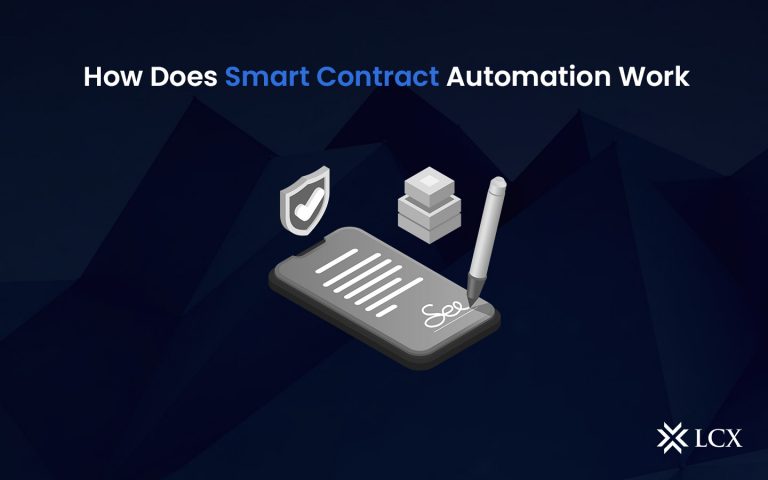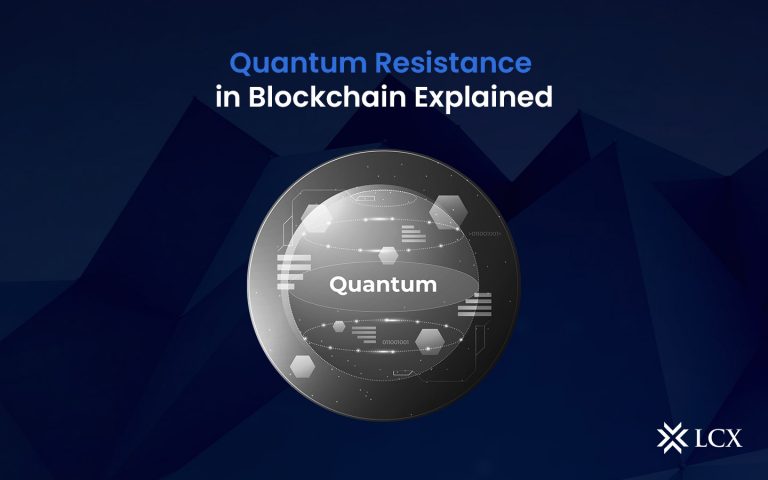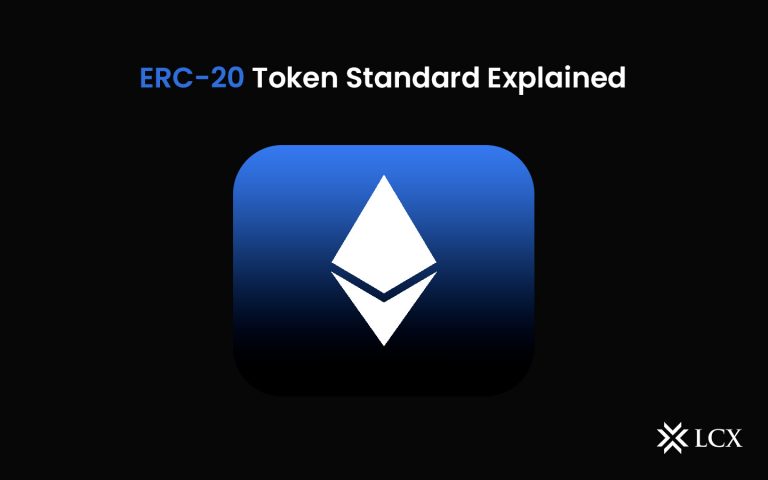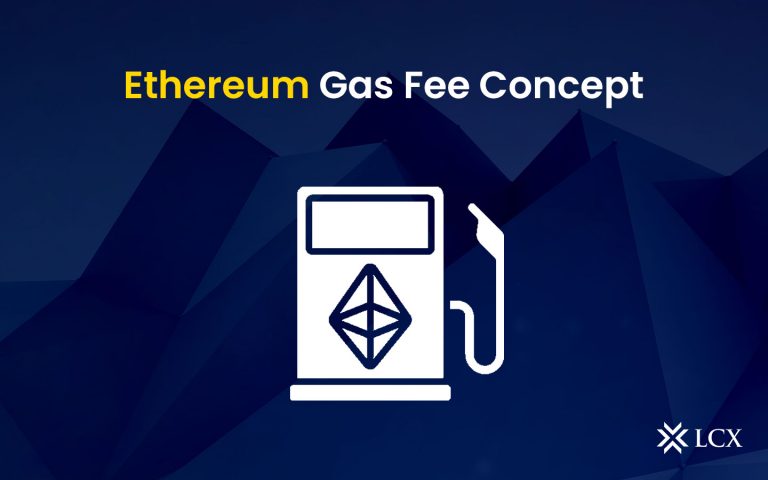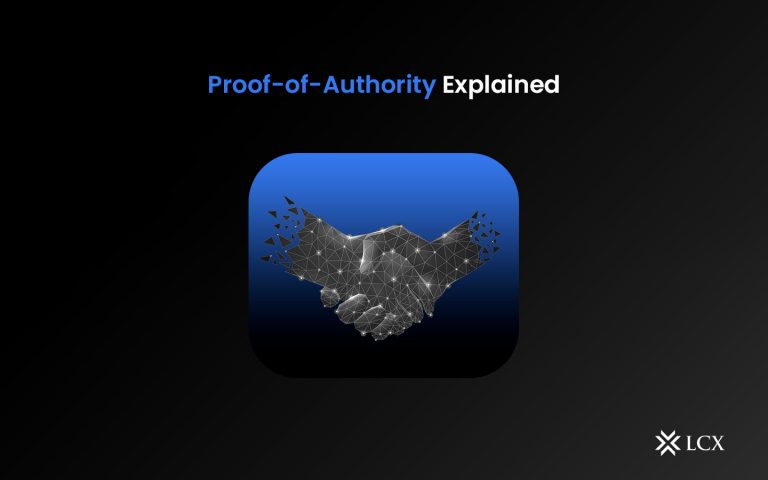The popularity of smart contracts is going off the roof. This is because of the plethora of use-cases provided by smart contracts. They have become the go-to solution for improving visibility and security for all parties involved in the project.
Smart contracts
They have become the critical element of all blockchain-based projects. Smart contracts are basically computer programs that are self-executing on some specific agreement or logic. These contracts are autonomous, trustless, transparent, and decentralized. Also, they are unmodifiable and irreversible once deployed. The most significant advantage of smart contracts is that they eliminate the need for any intermediaries or third-party for an agreement. This is because smart contracts become the final arbiter of the terms of the transaction. This has led to smart contracts becoming the core of Decentralized Applications known as dApps.
History
Ethereum is the first smart contract platform that runs on a blockchain. Soon, other platforms started emerging with new features, mainly focusing on acrylic graph structure. Many projects have been created using smart contracts, and most of them fall under Decentralized Finance, where users are allowed to trade their assets anonymously.
The blockchain platforms that utilize smart contracts are Ethereum, Cardano, Solana, etc.
The Most Popular Use-Cases Of Smart Contracts Are:
Trading and Finance: Smart contracts are currently being used mostly in this sector only. The financial system keeps replacing the technologies to find something that can provide a transparent and completely trustworthy system, and smart contracts seem to provide all this. Using smart contracts to auto-approve workflows and clear the calculations is proving to be a labor-intensive process. This kind of automation will also lead to a lower number of work-hours and thus fewer errors.
NFTs and Gaming: The gaming industry has kept expanding over the years. New games are released now and then where users pay to play their favorite games and interact with each other. They often like to collect some gaming collectibles or earn some rewards through the games. All this is now done by NFTs that can be used to represent the in-game content. These NFTs are driven by smart contracts. Thus, blockchain was introduced in the Game Finance industry through smart contracts only, and its continuous utilization can also lead us to mass adoption. Also, real-world assets have been given a new life with the introduction of the token economy. Today, a lot of real-world assets can be tokenized, such as art, music, real estate, and even materials such as diamonds (LCX has tokenized diamonds into Diamond NFTs, known as TIAMONDS).
Administrative payments and billing: Industries in the financial world are very critical of their funds, and rightfully so. They need trustworthy and transparent technology to secure their transactions. All countries around the world run on a complex banking system that generally involves some third party in the process. Smart contracts eliminate the need for any intermediaries and can be used for pensions, payrolls, insurance, taxation, and even bill payments.
Document preservation and accessibility: Institutions and even individuals have been facing issues related to document forgery for decades now. Physical and even digital documents are always at risk of loss, and thus, if the documents are urgently needed for authentication purposes, it becomes a lengthy process. If the same authentication is done using smart contracts, that can eliminate all the complexities of the process. Thus, this technology can be used for certificates and patents, for easy access to files, to check the validity of documents, and to handle documents existing on multiple networks.
Health and agricultural supply chain: The health and food industry is known for the substantial recurring amounts of waste material which eventually leads to the loss of millions of funds too. Smart contracts can be used to reduce the wastage of medical and food supplies. This can be done by using technology to track the location of commodities, ensuring easy accessibility of the proof of existence, and matchmaking.
Crowd-funding: If you have to raise funds for your project traditionally, the process is going to be time-consuming and involve lots of paperwork. whereas, if you do the same using smart contracts, you just need to click a button, and it’s done. Crowdfunding events are hosted in the form of ICO, IEO, etc by different platforms. LCX is a regulated platform that follows the TVTG regulatory framework. It allows LCX to be a regulated token issuer.
Identity management: Identity thefts have become pretty common these days due to loopholes in current technology. But the digital identifiers based on smart contracts provide individuals with complete control of their data. This also leads to easier KYC verification.
Conclusion
DLTs (Distributed Ledger Technology) has been helpful in managing the resources more efficiently and transparently. Implementation of smart contracts is expanding through the industries, and we should get accustomed to it as soon as possible as this technology is here to stay.

